New autism risk genes may bolster fetal testosterone theory
A team of British researchers has garnered some of the first genetic evidence supporting their theory that sex hormones play a role in the development of autism.
Diagnosing autism is an evolving science but a crucial first step to understanding the disorder.
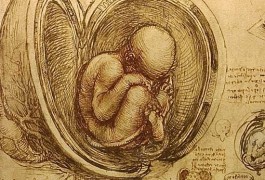
A team of British researchers has garnered some of the first genetic evidence supporting their theory that sex hormones play a role in the development of autism.
People with Asperger syndrome don’t automatically show ‘theory of mind’, the ability to understand the desires and beliefs of others, according to a report published 16 July in Science. Instead, they seem to use deliberate reasoning to understand social behaviors, learned after years of practice in the real world.
Watch the video
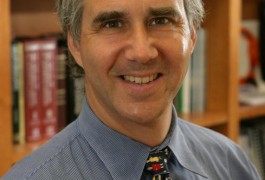
In the late 1990s, after Daniel Geschwind had established himself as an expert on the genetics of neurological diseases, a personal connection abruptly pulled him into autism research. Since then, he has participated in dozens of studies probing the genetic basis of autism and related neuro-developmental disorders.

In 2003, Stephane Jamain and his colleagues reached a breakthrough by taking a candidate approach to the X chromosome, and linking members of the neuroligin protein family to autism.
A child’s language ability correlates with the volume of his or her amygdala ― the small, deep brain region that is strongly associated with emotion processing ― according to an unpublished five-year longitudinal study presented Wednesday afternoon at the Society for Neuroscience meeting.
Schizophrenia may be a consequence of neuronal birth gone awry, according to unpublished research presented today at the Society for Neuroscience conference.
In the fall of 1980, when he left his hometown of St. Louis, Missouri, for undergraduate studies at Cornell University in upstate New York, John Constantino was determined to pursue one of two careers: a doctor or a school teacher.
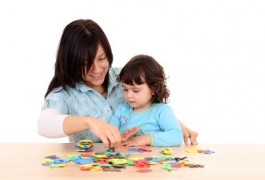
It took 50 years for scientists to develop instruments reliable enough to be considered the gold standards for diagnosing autism. Autism has always been around, but it was not until the mid-1940s that Leo Kanner in the United States and Hans Asperger in Austria, both physicians, independently described children with what we now recognize as autism.
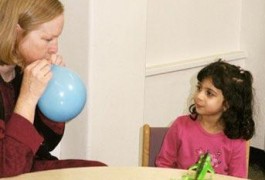
In the late 1960s, as an undergraduate student in psychology at the University of California, Los Angeles, Cathy Lord spent a couple of hours a day teaching two young boys with autism.
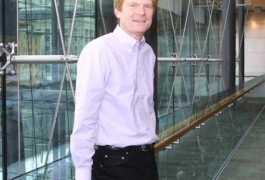
At first glance, the waiting room at the Ministry of Health Hospital in Muscat, Oman, may look different than that of your average American hospital. Men dressed all in white and women in black burqas wait in separate rooms, even if they are members of the same family. But talking to these families soon reveals just how similar they are to their American counterparts, says Christopher Walsh, a neurologist who has studied neurodevelopmental disorders in the Middle East for nearly 10 years.